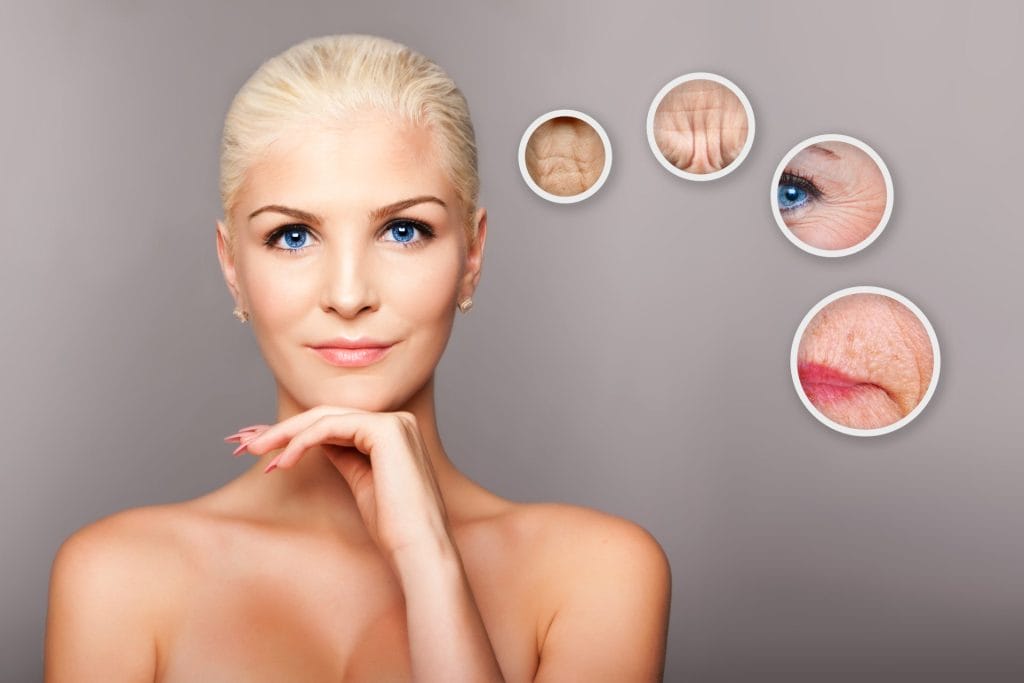Morning vs Night Vitamins: When Should You Take Them? The Complete Timing Guide
—CONTENT_START— Key Takeaways Vitamin timing significantly affects absorption and effectiveness—water-soluble vitamins work best in the morning, while fat-soluble vitamins should be taken with meals containing healthy fats B vitamins and vitamin C are optimal for morning consumption as they boost energy and may interfere with sleep if taken at night Calcium, magnesium, and vitamin D are better absorbed when taken at night and can promote better sleep quality Taking vitamins consistently at the same time daily is more important than perfect timing—building a sustainable routine ensures maximum benefits Certain vitamin combinations should be avoided while others enhance absorption—understanding these interactions optimizes your supplementation strategy Have you ever stood in your kitchen, vitamin bottle in hand, wondering if you’re taking your supplements at the right time? You’re not alone. The question of morning vs night vitamins confuses millions of people trying to optimize their health routines. While popping a multivitamin might seem straightforward, the timing of when you take your supplements can dramatically impact how well your body absorbs and utilizes these essential nutrients. The science of vitamin timing isn’t just about convenience—it’s about maximizing the return on your investment in your health. Research shows that taking certain vitamins at specific times can enhance absorption rates by up to 50%, while taking others at the wrong time might reduce their effectiveness or even cause unwanted side effects[1]. Understanding when to take vitamins can mean the difference between expensive urine and genuine health improvements. In this comprehensive vitamin timing guide, you’ll discover exactly which vitamins to take in the morning versus at night, why timing matters for absorption, and how to create a personalized supplement schedule that works with your body’s natural rhythms. Whether you’re taking vitamins in the morning to boost energy or taking vitamins before bed to enhance sleep quality, you’ll learn the science-backed strategies that ensure you’re getting the most from every supplement you take. Why Vitamin Timing Matters: The Science Behind Optimal Absorption The concept of the best time to take vitamins isn’t just marketing hype—it’s rooted in how your body processes different nutrients throughout the day. Your digestive system, hormone levels, and metabolic processes follow circadian rhythms that influence nutrient absorption and utilization[2]. Understanding Vitamin Solubility The fundamental principle guiding vitamin timing revolves around whether a vitamin is water-soluble or fat-soluble. This chemical property determines how your body processes, stores, and eliminates these nutrients. Water-soluble vitamins include vitamin C and all B vitamins (B1, B2, B3, B5, B6, B7, B9, and B12). These vitamins dissolve in water and aren’t stored in significant amounts in your body. Excess amounts are typically excreted through urine, which means you need regular replenishment[3]. These vitamins can generally be taken on an empty stomach without causing digestive discomfort. Fat-soluble vitamins—A, D, E, and K—require dietary fat for absorption. Your body stores these vitamins in fatty tissues and the liver, meaning they accumulate over time. Taking fat-soluble vitamins with a meal containing healthy fats can increase absorption by 30-50%[4]. Without adequate fat, these vitamins may pass through your system largely unabsorbed. Circadian Rhythm and Nutrient Processing Your body’s internal clock influences more than just sleep patterns. Research demonstrates that nutrient absorption, enzyme production, and metabolic efficiency vary throughout the day[5]. Digestive enzyme production peaks during daylight hours when eating typically occurs, while certain repair and regeneration processes intensify during nighttime rest. This circadian influence explains why some vitamins work synergistically with your body’s natural daytime energy production, while others support the restorative processes that occur during sleep. Understanding your circadian rhythm and supplement timing can transform your wellness routine from a random habit into a strategic health optimization practice. Vitamins Best Taken in the Morning: Energy and Metabolism Boosters Taking vitamins in the morning aligns with your body’s natural wake cycle and can provide sustained energy throughout the day. Certain vitamins actively support metabolism, cognitive function, and energy production—making morning consumption ideal. B Vitamins: Your Morning Energy Complex The B-complex vitamins are powerhouses for morning consumption. These eight vitamins work together to convert food into energy, support nervous system function, and enhance cognitive performance[6]. **Vitamin B12** deserves special attention. This crucial vitamin supports red blood cell formation and neurological function. Studies show that B12 taken in the morning can improve alertness and reduce fatigue throughout the day[7]. For those following plant-based diets, morning B12 supplementation is particularly important since this vitamin is primarily found in animal products. **Vitamin B6** plays a vital role in neurotransmitter synthesis, including serotonin and dopamine. Taking B6 in the morning supports mood regulation and cognitive function during waking hours. One study found that participants taking B vitamins in the morning reported 20% better workplace performance compared to those taking them at night[8]. **Folate (B9)** and the other B vitamins similarly support energy metabolism and are best utilized during active hours. The energizing effects of B vitamins can potentially interfere with sleep if taken too close to bedtime. Vitamin C: The Morning Immunity Booster Vitamin C is the quintessential morning vitamin. This water-soluble antioxidant supports immune function, collagen production, and iron absorption. Taking vitamin C in the morning with breakfast provides several advantages: – Enhanced iron absorption from your morning meal, particularly important for those consuming plant-based iron sources[9] – Antioxidant protection throughout the day when environmental stressors are highest – Potential energy-boosting effects without interfering with sleep patterns – Optimal utilization during the body’s active repair and maintenance processes Research indicates that vitamin C may have mild stimulating effects for some individuals, though not as pronounced as caffeine. For those sensitive to these effects, morning consumption prevents any potential sleep disruption[10]. Iron Supplements: Timing for Maximum Absorption While technically a mineral rather than a vitamin, iron supplementation timing follows similar principles. Iron is best absorbed on an empty stomach in the morning, ideally 30 minutes before breakfast or two hours after[11]. Taking iron with vitamin C significantly enhances absorption—another reason to pair these supplements in your morning routine. However, avoid taking iron with calcium supplements or calcium-rich
Morning vs Night Vitamins: When Should You Take Them? The Complete Timing Guide Read More »











.png)
